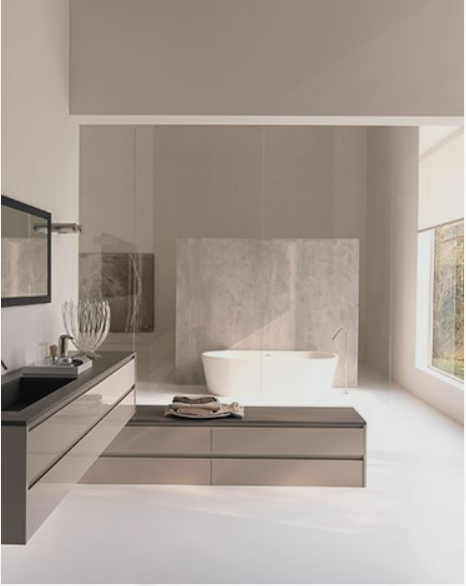- https://concretefx.com.au/hydronic-floor-heating-melbourne/
- At Concrete FX, we specialize in offering polished concrete flooring solutions to impart a mirror-like smooth finish to your floor. Suitable for any interior scheme, our concrete polishing in Melbourne is sure to enhance the look and value of your floor.
Category:
Hydronic underfloor heating, also known as radiant floor heating, is a highly efficient and comfortable way to heat residential and commercial spaces. It involves the use of hot water to create a warm, even heat that radiates from the floor upwards. This system has gained popularity for its energy efficiency, comfort, and discreet nature.
How Hydronic Underfloor Heating Works:
Pipes or Tubing: The heart of a hydronic underfloor heating system is a network of pipes or tubing that is installed underneath the floor. These pipes are typically made of PEX (cross-linked polyethylene) and are known for their durability and resistance to corrosion.
Heat Source: Hot water is heated in a central boiler or water heater. The heated water is then circulated through the pipes in the floor.
Even Heat Distribution: The heat from the hot water is transferred to the floor, which acts as a radiant surface. The heat radiates evenly and upward, creating a cozy and uniform warmth throughout the room.
Benefits of Hydronic Underfloor Heating:
Energy Efficiency: Hydronic underfloor heating is known for its energy efficiency. Because it operates at lower water temperatures compared to traditional forced-air systems, it can be coupled with energy-efficient boilers or even with renewable energy sources like solar panels. This leads to lower energy consumption and reduced heating costs.
Comfort: Radiant floor heating provides exceptional comfort. Unlike forced-air systems that blow hot air into a room, radiant heat doesn’t create drafts or temperature variations. The heat is evenly distributed, creating a cozy and consistent warmth from the ground up.
Space-Saving: Hydronic underfloor heating is a space-saving solution. It’s installed beneath the floor, so there are no visible radiators or ductwork, allowing for more flexibility in interior design and furniture placement.
Discreet: Since the system is hidden beneath the floor, it’s completely discreet. There are no radiators or heating vents to disrupt the aesthetics of a room.
Allergen Reduction: Unlike forced-air systems, which can blow dust and allergens into the air, radiant floor heating doesn’t circulate air, reducing the spread of allergens and improving indoor air quality.
Zoning Capabilities: Many hydronic systems can be divided into zones, allowing you to control the temperature in different rooms or areas separately. This adds to both comfort and energy efficiency.



